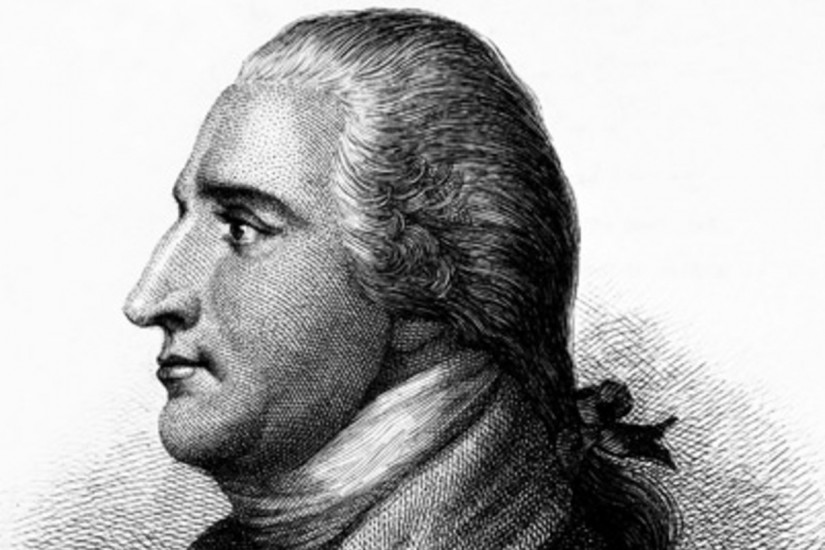For a century after his death in 1801, Benedict Arnold was portrayed as a Judas who betrayed his country from that basest of all motives: greed. His was a personality of “innate evil,”the manifestations of which bubbled to the surface in a corruption of arrogance, vanity, and self-interest. There was an almost comforting moral certainty behind his treachery and few historians troubled themselves to debate it.
Then along came Sigmund Freud who started a fashion for analyzing the motivations of bygone characters such as Shakespeare, Leonardo da Vinci, and even Moses. Suddenly the moral pedantry that had mummified historical figures for centuries was torn loose. Benedict Arnold was one of the ignominious “villains” who benefited most from this more nuanced approach to history, and over the course of the following century, he became the subject of an ever-increasing number of biographies. The vast majority of these appraised him in a more sympathetic and morally ambiguous light.
So author Stephen Brumwell is on heavily trampled territory, as the book’s exhaustive bibliography makes clear. Yet even in this crowded market Turncoat is the most radical reassessment of Arnold to date. Brumwell argues that Arnold’s treason was not motivated by the “alluring jingle of English guineas,” but instead was inspired by a sincere and profound change of heart that had his country’s wellbeing at heart. More controversially still, he argues his defection should be viewed not as an isolated act but rather as a symptom of a far more widespread malaise that affected the Patriot cause. “A true crisis of American Liberty.” It is a beautifully written and immaculately researched book. But does its central premise reach too far?
The remarkable thing about Turncoat is that it is not strictly a biography of Arnold at all. His life prior to the Revolution is dealt with in an unremarkable opening that covers just a handful of pages, whilst his meandering, complex, and ultimately tragic post-Yorktown career is recorded in an even more cursory manner. Additionally, there are numerous lengthy sections where Arnold does not figure at all, which would be irrelevant in a strict biography of the man. But this is not to the detriment of the book. By streamlining his portrait of Arnold from Quebec to Fort Griswold, Brumwell allows himself space to chronicle in detail colonial politics, society, and warfare.
